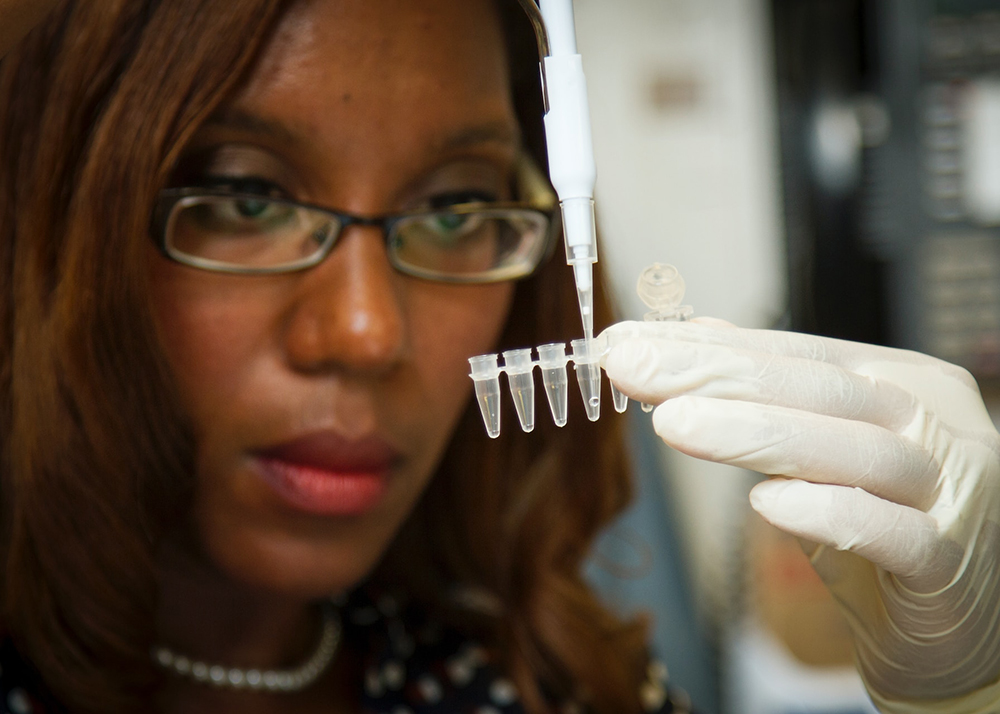The Department of Health and Human Services (HHS) and Department of Commerce (DOC) will investigate using Bayh-Dole march-in rights as a way to control drug prices, the agencies announced on March 22, a day after the National Institutes of Health (NIH) refused to use the provision in this way.
“The Interagency Working Group for Bayh-Dole will develop a framework for implementation of the march-in provision that clearly articulates guiding criteria and processes for making determinations where different factors, including price, may be a consideration in agencies’ assessments,” according to a press release from HHS describing its cooperation with DOC.
Passed in 1980, the Bayh-Dole Act lets drug companies commercialize drug discoveries supported by NIH grants. If the private sector doesn’t commercialize a useful drug, the law allows the government to “march in” and give the patent to another company under limited circumstances, like a public health crisis.
Stifling innovation
The Bayh-Dole Act was meant to encourage drug development, and it has been credited with supercharging drug discovery. While there have been some suggestions that march-in rights could be used to control drug prices, that idea has been opposed on the grounds that it would only stifle innovation.
“That would knock out the underpinnings of our whole public and private sector partnership regime, which has worked for 42 years,” Joe Allen a former staffer for Sen. Birch Bayh, the Indiana Democrat who helped create the law, told Bio.News. “We want to make sure that people understand that the law doesn’t work that way and it would have a catastrophic impact on innovation and it really wouldn’t do anything to lower the cost of drugs.”
The NIH has never used march-in rights and has long held that they should not be used for price controls. They continued this policy last week, when they decided against allowing the use of march-in rights to influence the price of Pfizer’s prostate cancer drug Xtandi, Reuters reported.
“NIH does not believe that use of the march-in authority would be an effective means of lowering the price of the drug,” the NIH said in a public letter, according Reuters.
Nonetheless, HHS and DOC will pursue its investigation of using march-in rights for price controls, starting with a workshop later this year where stakeholders can give input.
“The goal of the workshop will be to assess when the use of march-in is consistent with the policy and objectives of the Bayh-Dole Act,” HHS said.




